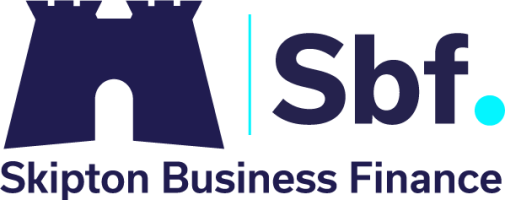More than three-quarters of business owners do not feel that the latest quantitative easing measures implemented by the Bank of England are enough to help stimulate growth in the economy, a new survey has found.
Skipton Business Finance, a wholly-owned subsidiary of the Skipton Group, surveyed its clients about their opinions on the new £50bn quantitative easing measures implemented in July, with 73% saying they felt the government should pursue other methods to help stimulate the economy.
Two-thirds felt that quantitative easing was not an effective long-term strategy for the economy, whilst more than 80% of businesses indicated they weren’t seeing any effect of the quantitative easing program.
Quantitative easing works by artificially creating new money to buy assets from private institutions and this consists of both government bonds and high quality corporate debt instruments.
Head of Marketing for Skipton Business Finance, Ed Carney, suggested that its clients did not feel on the whole that the government was handling the economic situation effectively: “Many of the respondents to our survey were particularly vocal in expressing their disappointment at the way the economic situation is being handled by the government”.
Carney continued: “Many think-tanks and quangos have been calling for more QE thinking that an injection into the financial system could give SMEs plenty of scope to look for new opportunities and that the increase in QE could result in banks weakening policy on business loans which would make money more readily available to SMEs.”
“But many SMEs aren’t seeing the benefits of QE and our clients, a wide range of SMEs and owner-managed businesses that make up 99% of enterprise in the UK, feel that the banks will more than likely be sitting on the funds from this initial round of QE to strengthen their balance sheets and reserves”, he added.
“At Skipton Business Finance, our ethos is very much focussed on understanding their clients’ businesses and assisting in creating wealth and jobs in the regions, rather than purely for profit. That’s why we recently approved a £50million fund, backed by parent Skipton Building Society, which was set aside for service, manufacturing and distribution businesses that have felt the brunt of a reduction in borrowings from clearing banks despite government initiatives designed to stimulate lending.”
A subsidiary of the Skipton Group, SBF is a leading independent invoice factoring and invoice discounting provider, offering a range of working capital solutions for businesses with annual sales ranging from new-start to £30m.







